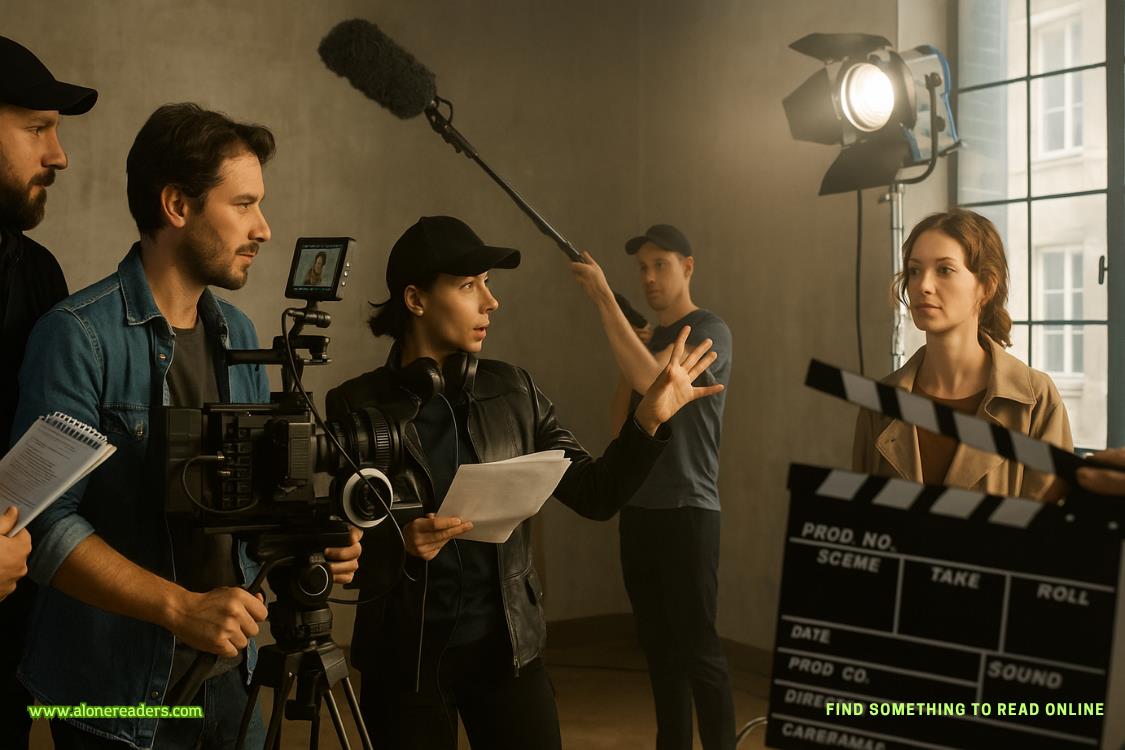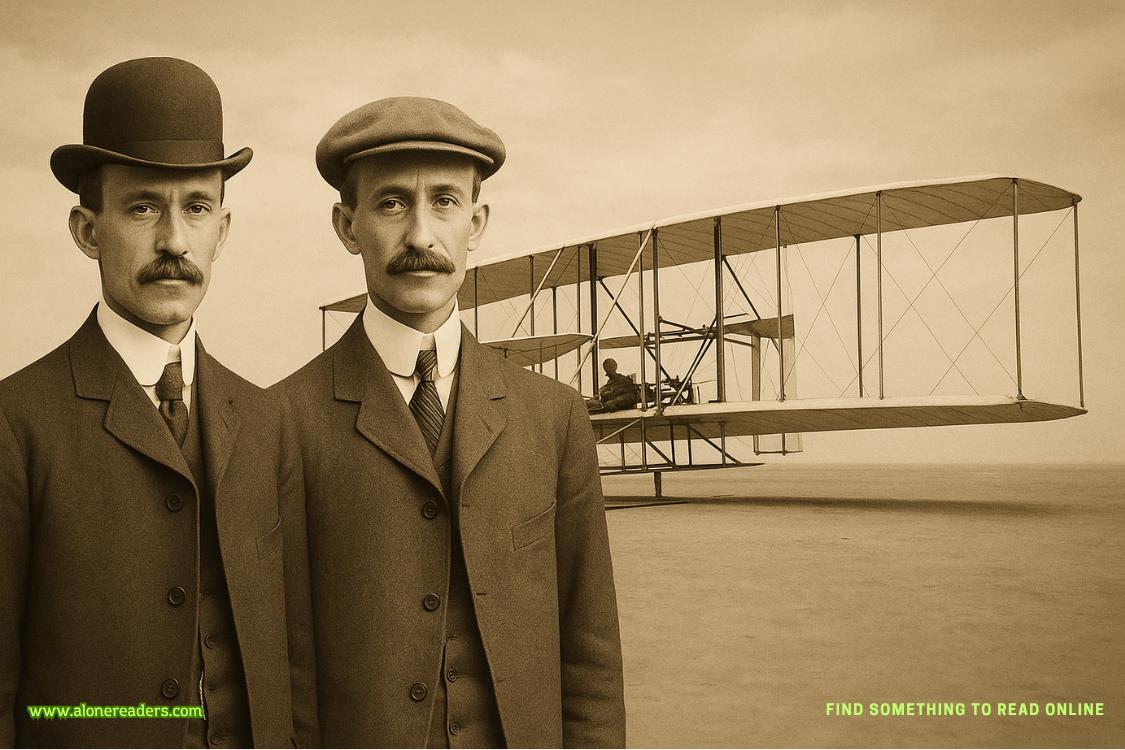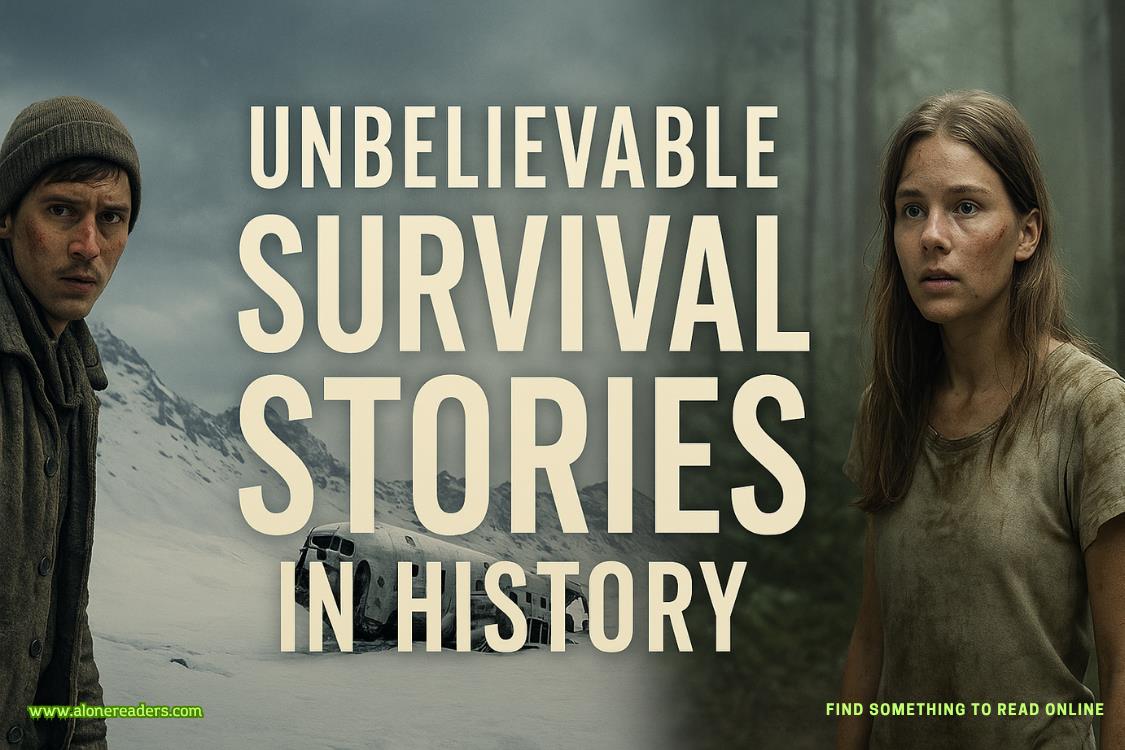Page 14 of No Man's Land
Which was lucky for Josef.
The crew were talking together, the driver’s door open and the two women leaning against the side of their van while they watched the parade of injured soldiers being stretchered into the hospital. Josef watched too, an anxious churning in the pit of his belly that he couldn’t fully explain. Maybe it was because he could have accompanied some of those very men on the first leg of their journey, carried them back from the dressing station to the field hospital. And now here he was in London,watching them finally make it home. Poor sods. And these were the lucky ones.
“Sobering, ain’t it?” he said, addressing his comment to the red-haired woman he’d noticed earlier that night. He liked her round, open face.
“At least they’re home.” She took a drag on the end of a cigarette, dropping the stub on the ground. “Two of my brothers are at the front.”
Josef said, “So was I, two weeks ago.”
Her eyes flicked to him, and he saw her intelligence immediately. “Yeah? Which regiment?”
Bracing himself, he said, “The Red Cross.”
“You don’t look like a doctor.”
“Ambulance driver.”
“Ah.” Her expression shifted, cooling noticeably. “You’re a conchie, then, are you?”
His hackles rose, and despite all his antiwar principles, he felt a flush of unwarranted shame. “I’ve played my part,” he said, and could have said a great deal more about the futility of this imperialist war. But arguing wouldn’t help his current cause. Besides, if she had two brothers at the front, she wouldn’t want to hear his arguments. “I was just thinking that I probably carried some of these boys to safety. I was working with a CCS in Lijssenthoek.”
“And you was up at Dover Street half an hour ago, an’ all.”
He didn’t try to deny it; she’d obviously recognised him. “Where I was admiring your professionalism, ladies.”
“No need to sound so surprised.” This came from the driver, her accent closer to Winchester’s than Josef’s, chiming like a silver bell. Her eyes were just as bright. “I think you’ll find there are plenty of jobs we ‘ladies’ are more than capable of performing.”
He tipped his hat to her. “I’ve no doubt of that, miss. My boss is a woman, in fact. At theDaily Clarion.”
“You’re a journalist?”
“I am. Josef Shepel, at your service.”
The women exchanged a glance. Then the red-haired one said, “I’m Violet. Vi, for short. And that’s Lady Charlotte.”
“Lottie,” the other woman corrected with a roll of her eyes.
“It’s a pleasure to meet you both.” Josef dug out his fags and offered them around. Vi took one; Lottie didn’t.
“My old man reads theClarion,” Vi said, letting Josef light her cigarette. “He’s a union man. But don’t tell me you’re writing about wounded soldiers coming back from the war. That’s hardly news.”
“I’m more interested in the poor blighter in the back of your ambulance, as it happens.”
Again, the women exchanged a look. Neither said anything.
“What do you make of it?” Josef prompted. “That wound on his shoulder, I mean.”
“It’s stinking out the van,” Vi said. “Why do you think we’re standing out here in the freezing cold?”
“Before you got there tonight, the police constable said he’d seen something like it before. I was wondering whether you had, too.”
“Well…” Lottie was watching Vi carefully.
“Happens we have,” Vi confirmed. “Couple of days ago. A Gotha bomb fell over on Old Castle Street back in July and damaged the sewers. They’re doing works there now to mend it.”
“I know,” Josef said, surprised. “I live around the corner.”
“Well, the men turned up Tuesday morning for work—I think it was Tuesday.”
- His to Command by Emma Bray
- Detention with Daddies by Sofia T. Summers
- Daddy's Heart by Dani Wyatt
- Tarnished Hands by T.L. Smith
- The Way We Win by Tia Louise
- Tracked By Hound by Cassi Hart
- Until Presley by E.M. Shue
- Love in Excess by N. Slater
- The Madness Within by Raja Savage
- Greek's Enemy Bride by Caitlin Crews
- Taken by Lena Little
- Maddox by Piper Stone
- Property of Madman by Sapphire Knight
- Sacrificing Zoriah by Emily Klepp
- Omega's Triplets by J.L. Wilder
- Tag by Natalie Bennett







